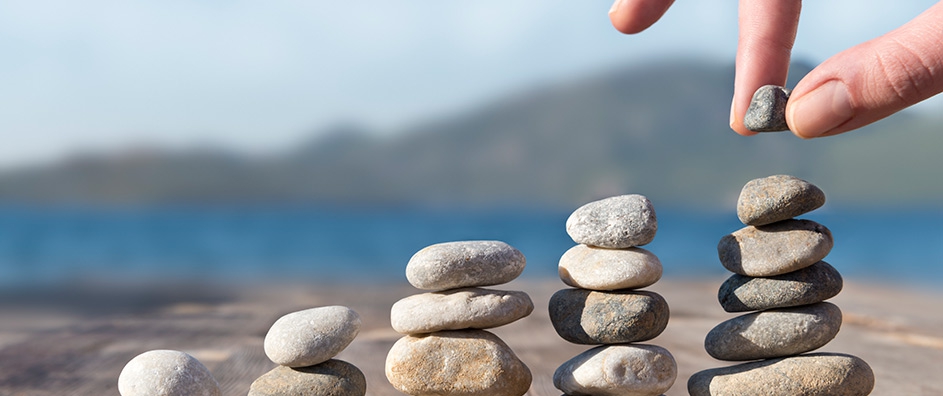The views expressed in our content reflect individual perspectives and do not represent the authoritative views of the Baha'i Faith.
It is no longer good enough to cry peace, we must act peace, live peace and live in peace.
This saying from the Shenandoah tribe of Native Americans seems so simple, yet we see in the news that so many who cry peace are anything but peaceful in their attempts to create it.
Each group of people, and each person, seems to feel peace is only possible if others would just think as they do. There’s little or no room for compromise. They judge others by their own standards. Yet another tribe, the Cheyenne, suggests,
Do not judge your neighbor until you walk two moons in his moccasins.
The Book of Luke in the Bible offers a good example, in the form of a parable, as to why we should not judge:
Two men went up into the temple to pray; the one a Pharisee, and the other a publican.
The Pharisee stood and prayed thus with himself, God, I thank thee, that I am not as other men are, extortioners, unjust, adulterers, or even as this publican.
I fast twice in the week, I give tithes of all that I possess.
And the publican, standing afar off, would not lift up so much as his eyes unto heaven, but smote upon his breast, saying, God be merciful to me a sinner.
I tell you, this man went down to his house justified rather than the other: for every one that exalteth himself shall be abased; and he that humbleth himself shall be exalted. – Luke, 18:10-14.
In order that we not only cry peace, but also act peace and live peace, let us keep in mind this wise advice from Abdu’l-Baha:
All religions teach that we should love one another; that we should seek out our own shortcomings before we presume to condemn the faults of others, that we must not consider ourselves superior to our neighbours! We must be careful not to exalt ourselves lest we be humiliated.
Who are we that we should judge? How shall we know who, in the sight of God, is the most upright man? God’s thoughts are not like our thoughts! How many men who have seemed saint-like to their friends have fallen into the greatest humiliation. Think of Judas Iscariot; he began well, but remember his end! On the other hand, Paul, the Apostle, was in his early life an enemy of Christ, whilst later he became His most faithful servant. How then can we flatter ourselves and despise others?
Let us therefore be humble, without prejudices, preferring others’ good to our own! Let us never say, ’I am a believer but he is an infidel,’ ’I am near to God, whilst he is an outcast.’ We can never know what will be the final judgment! Therefore let us help all who are in need of any kind of assistance. – Abdu’l-Baha, Paris Talks, pp. 147-148.
Achieving the kind of humility Abdu’l-Baha recommends requires a great deal of spiritual reflection. Here’s a way to accomplish that reflection: do it daily. Don’t wait. Bring yourself to account for each of your deeds, and evaluate them through this lens: did I prefer the good of others to my own? If you reflect on your deeds once a day, evaluating them frankly and privately, you’ll be amazed at the effect it has on your soul—and on your character:
O Son of Being! Bring thyself to account each day ere thou art summoned to a reckoning; for death, unheralded, shall come upon thee and thou shalt be called to give account for thy deeds. – Baha’u’llah, The Hidden Words, p. 11.
















Comments
Sign in or create an account
Continue with Googleor